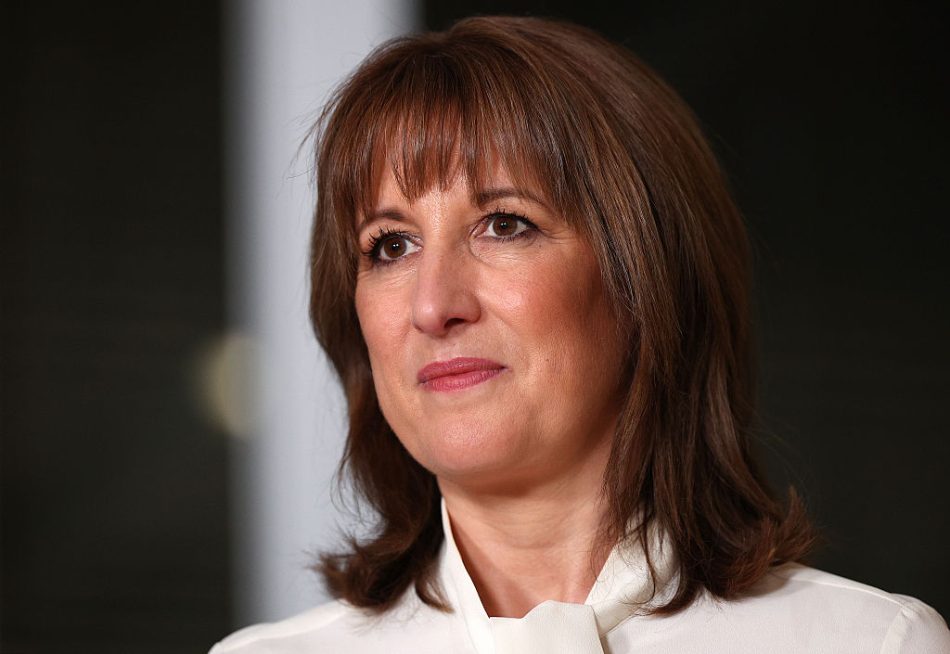When Chancellor Rachel Reeves announced that over half the new tax rises in her first Budget would go straight into the National Health Service, an immediate question followed: where’s the reform? The big health promise made by this government, after all, was to tie any additional money to an NHS overhaul – the biggest in its history. And it was the Prime Minister who only a few months ago, when speaking at the Kings Fund in London, said ‘hear me when I say this, no more money without reform’.
Yet there in the Budget was an additional £22 billion for day-to-day spending, with seemingly no strings attached. The biggest announcement on the NHS so far has been a nation-wide consultation to offer suggestions to improve the health service (the nation has some interesting answers). But the details of reform have remained under wraps – until now. This morning Health Secretary Wes Streeting is announcing the first set of changes to the NHS, which will include public league tables for hospital outcomes and changes to remuneration for NHS managers more closely linked to performance.
Under what the government is billing as a ‘tough’ new set of measures, an NHS England review of hospitals will be put into a league table and published for patients. This will include vital information about wait times and outcomes (how quickly a person moves through A&E, how the hospital fares for cancer treatment), but it will also publish more information about the state of the hospital’s finances, to get a sense of value for money. Hospitals that score highly will be given ‘greater freedom over funding and flexibility’ whereas hospitals that don’t will have a cap put on the salaries of senior managers. These changes will be based on a new pay framework that will be published before April 2025.
The Health Secretary is taking his plans straight to the nation’s health leaders today, speaking at the NHS providers' annual conference in Liverpool. ‘There’ll be no more turning a blind eye to failure’ he says of his reforms. ‘We will drive the health service to improve, so patients get more out of it for what taxpayers put in.’ It is a patent-centric message – the kind that Streeting has been promoting for years now, as he admits that the NHS, despite all the praise it gets, too often lets down those going through the system.
But will these changes really ‘ensure every penny of extra investment into [the] NHS is well spent’ and that ‘waiting times for patients [are]‘slashed’? Knowledge is power – and giving patients more information about how they are likely to be treated at one hospital compared to another is helpful information for them to have. Furthermore, creating financial incentives to improve services – at both the personal and institutional level – is certainly a step in the right direction to improving outcomes more widely.
But when the league table is published and the scale of the inadequacies is made even more clear (if this domestic league table in any way reflects international comparisons, the UK is in for a rude awakening about how poor its health outcomes really are) – what then? Here we circle back to one of the biggest questions facing this government: what are the specific reforms that are going to not just highlight, but actually improve, the failures in the health service?
The chief executive of the NHS Confederation Matthew Taylor lays it out bare this morning, as he notes that ‘league tables in themselves do not lead to improvement’ while also warning that many NHS staff members will feel like they are doing their best in impossible circumstances. As I noted on Coffee House yesterday, something far more fundamental seems to be going wrong, as the latest findings from the Institute for Fiscal Studies show that the NHS is still doing less than it did pre-pandemic, despite a huge boost in resources. But is Labour willing for its reform to go to the heart of the health service's structure? Or is it only willing to tinker?
It’s also worth noting that the announcements made by Streeting today are the kinds of reforms that are imposed, rather than negotiated, with health staff – a necessary difference, when you are expecting change to follow money, rather than have it be the other way around. This remains an outstanding issue from the Budget: £22 billion has now been set as the baseline for the kind of top-up the NHS gets, without any mention of reform. Just how much will have to be offered up to start a real negotiation and process of change?








Comments